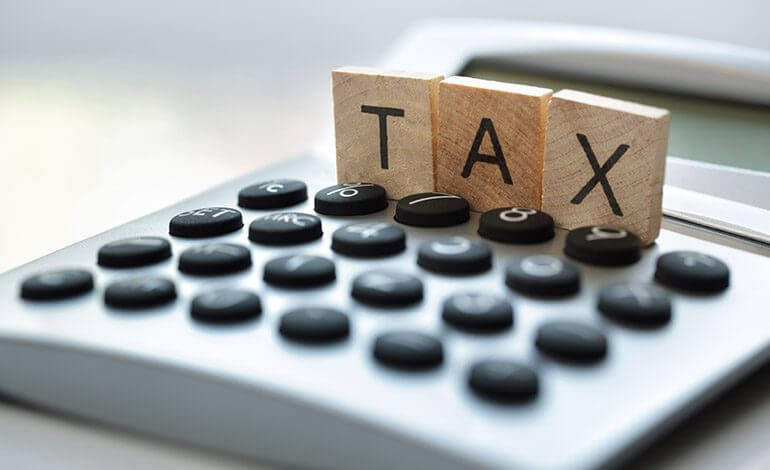Tax time is here again, and for many small business owners, it can be overwhelming knowing what you can and can’t claim — especially when you’re trying to stay focused on running your business. Fortunately, the Australian Taxation Office (ATO) has released its 2025 Tax Time Toolkit, and it’s a resource I recommend every small business owner looks at.
We work with small to medium business clients daily, and I know from experience that confusion around deductions, record-keeping, and tax obligations can cause unnecessary stress — and mistakes. That’s why resources like the Tax Time Toolkit are so valuable.
What is the ATO’s Tax Time Toolkit?
The ATO’s 2025 Tax Time Toolkit is a set of free, downloadable resources designed to help individuals and businesses get their tax returns right. It includes clear guidance on:
- ✅ Occupation-specific deductions
- ✅ Common work-related expenses
- ✅ Records you need to keep
- ✅ Residency for tax purposes
It’s a practical tool that aims to reduce confusion and help business owners avoid common tax pitfalls. Whether you’re claiming vehicle expenses, equipment purchases, or professional development costs, the Toolkit helps clarify what you can and can’t claim.
Why This Toolkit Matters for Small Business
If you’re a small business owner, understanding your tax obligations — and your entitlements — is critical. The reality is, many small businesses miss out on deductions they’re eligible for simply because they aren’t sure what’s allowed. Others may unknowingly overclaim, which can trigger ATO scrutiny.
The Tax Time Toolkit provides much-needed clarity. It’s especially useful for industries with unique deduction rules — trades, hospitality, health services, and more. If your admin team handles parts of your tax, it’s a great reference to keep handy.
As accountants who specialise in small business, we often see how easily tax time can go off track. Using the ATO resources is a smart first step — but getting tailored advice ensures you’re compliant and maximising legitimate deductions.
Beware of Common Tax Mistakes — Especially Around CGT
The ATO has also highlighted a key area where many tax returns go wrong: Capital Gains Tax (CGT). Mistakes often occur when business owners sell assets — whether it’s property, shares, or other investments.
To avoid these errors:
- ✔️ Make sure you’re providing your accountant with full details of any assets sold during the financial year.
- ✔️ Use the Online Services for Agents (OSFA) pre-fill reports — a tool we use extensively to cross-check your tax information.
Missing or incorrect CGT details can lead to unnecessary tax bills or compliance issues down the track.
How We Support Small Businesses During Tax Time
Tax time doesn’t need to be stressful. Our team works closely with small and medium businesses to ensure tax obligations are met accurately — and opportunities for legitimate tax savings aren’t missed. We help you:
- ✅ Understand and apply the ATO’s Tax Time Toolkit to your specific situation
- ✅ Navigate CGT rules and avoid common errors
- ✅ Keep proper records and claim eligible work-related expenses
- ✅ Get peace of mind knowing your tax return is handled by specialists
Need Help This Tax Time?
I always tell clients — the Toolkit is a great resource, but personalised advice makes all the difference. If you’d like help navigating your tax return and ensuring you’re maximising every legitimate deduction, contact us today.


 When you are paying your employees, there are certain parties you need to withhold amounts from and instead send this to the ATO. This is to ensure these parties don’t have to pay larger amounts of unnecessary tax at the end of the year. We’ve put together a handy guide to make sure you don’t get caught out heading into the end of the financial year.
When you are paying your employees, there are certain parties you need to withhold amounts from and instead send this to the ATO. This is to ensure these parties don’t have to pay larger amounts of unnecessary tax at the end of the year. We’ve put together a handy guide to make sure you don’t get caught out heading into the end of the financial year. 
 As the year comes to a close and the financial year moves forward at full-steam, it’s important to be on top of your tax time practices now to prevent heartbreak later.
As the year comes to a close and the financial year moves forward at full-steam, it’s important to be on top of your tax time practices now to prevent heartbreak later.  Warning Time
Warning Time


